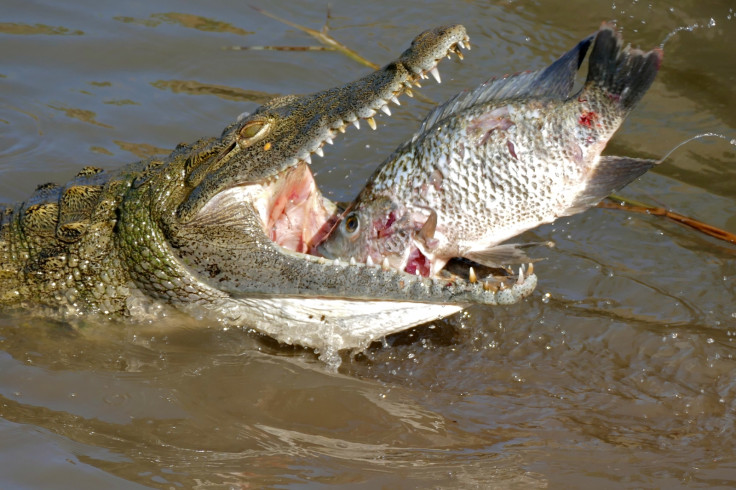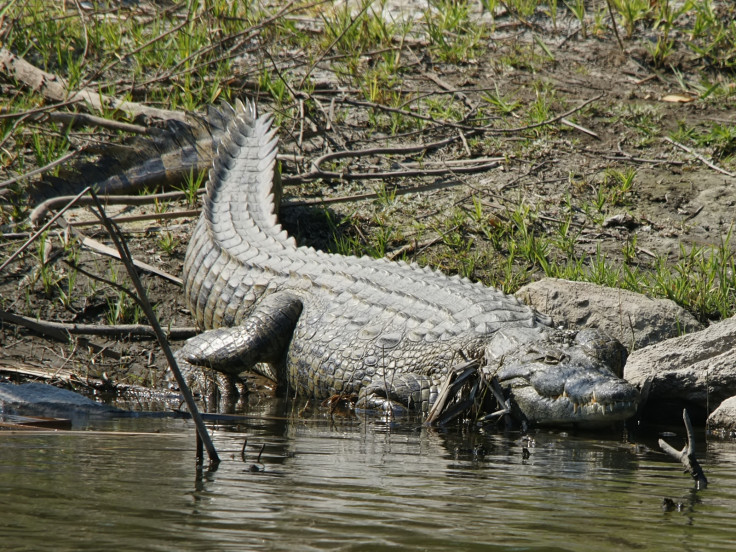Florida: Monster man-eating Nile crocodiles have potential to take hold as invasive species

Man-eating crocodiles that can grow up to 18ft in length are at risk of becoming an invasive species in Florida, scientists have warned. So far three juvenile Nile crocodiles, native to sub-Saharan Africa, have been found in South Florida, but experts say there are likely more yet to be found.
Researchers at the University of Florida confirmed the three crocodiles captured between 2000 and 2014 were Nile crocodiles (Crocodylus niloticus) linked to populations in South Africa. In their natural habitat, the crocodiles feed on everything from zebras and hippos to warthogs. They are also known to attack humans, with many of these resulting in death.
Kenneth Krysko, herpetology collections manager at the Florida Museum of Natural History, said the presence of three Nile crocodiles in Florida shows they are able to survive there and have the potential to thrive. "The odds that the few of us who study Florida reptiles have found all of the Nile crocs out there is probably unlikely," he said.
"We know that they can survive in the Florida wilderness for numerous years, we know that they grow quickly here and we know their behaviour in their native range, and there is no reason to suggest that would change here in Florida."
A study on the presence of Nile crocodiles in Florida has been published in the Journal of Herpetological Conservation and Biology. In it, the authors looked at the diet, movement and growth of one of the crocodiles caught. They released it and recaptured it two years later to see how much it had grown – 40.5cm per year. This is 28% faster than the average for hatchlings from their native range.
They found two of the crocodiles were most closely related to those found in South Africa, which suggests they were introduced via the same pathway or source. Researchers said that over the last 10 years, groups of Nile crocodile have been imported to Florida from South Africa and Madagascar for theme parks and the pet trade.

At present, there is no evidence of an established population. However, the team says officials should beware of the potential for this to happen in the future. "If C. niloticus became established, it may threaten the native species of Florida through predation and competition, compounding the existing threat to native wildlife already impacted by human induced habitat modification and introduced invasive species such as the Burmese Python, and Argentine Black and White Tegu," they wrote.
"There are both economic risks and risks to human health and safety presented by establishment of Nile Crocodiles in Florida. Crocodylus niloticus was responsible for at least 493 attacks on people 2010– 2014, 354 (71.8%), of which were fatal. We recommend a scientific risk assessment to evaluate the potential for C. niloticus establishment, spread, and impact in Florida."
© Copyright IBTimes 2025. All rights reserved.






















